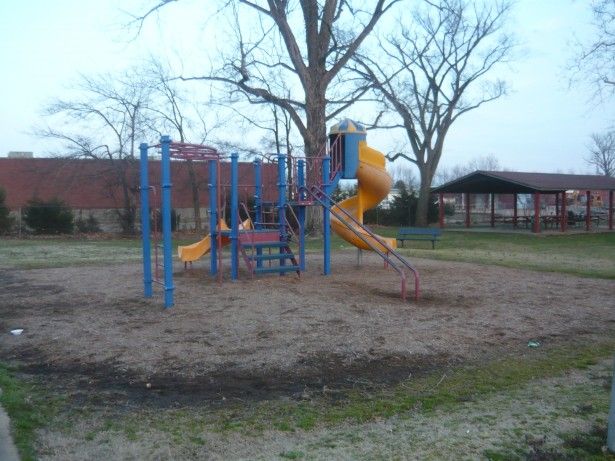
Ah, the playground. To the uninitiated, it might just look like a collection of swings, slides, and jungle gyms, a simple haven for little ones to burn off some energy. But if you’re a parent, you know the truth: the playground is a vibrant, often chaotic, social ecosystem, a bustling town square where deals are (metaphorically) made, friendships are forged, and, let’s be honest, where some truly astounding parenting faux pas unfold.
It’s a place where we all try our best, navigating the delightful pandemonium of childhood while attempting to maintain some semblance of adult sanity. Yet, despite our best intentions, sometimes we slip up. Sometimes, we become ‘that parent’ – the one whose actions, or inactions, leave a lasting impression, often not for the better, on fellow parents and even the tiny humans trying to enjoy their Shangri-La. We’ve all seen them, and if we’re truly honest, we might have even *been* them for a fleeting, regrettable moment.
So, buckle up, fellow guardians of the sandbox! We’re about to take a hilariously relatable, yet deeply insightful, dive into some of the most common, and frankly, most annoying, playground blunders. These are the moments that make us sigh, roll our eyes, or sometimes, even wish we had a superpower to quietly, non-aggressively, intervene. From the parents glued to their phones to those who somehow manage to ignore the tiny human wreaking havoc right beside them, prepare to see some familiar faces – and perhaps, just maybe, a reflection of your own occasional slip-ups. Let’s explore the first half of these unforgettable playground characters.
1. **The Gossip**Meet The Gossip, the parent who approaches the playground less as a place for child-rearing and more as the hottest social club in town. Their primary objective isn’t to supervise their little ones, but to ‘see and be seen,’ to catch up on the latest neighborhood murmurs, and to, shall we say, ‘network.’ Much like a college student at a party, they’re quick to ditch their original companion – in this case, their hyperactive toddler – if a more interesting conversation or a juicier piece of information presents itself.
Once The Gossip arrives, a figurative leash is immediately dropped. Kids are given free rein to explore, or, more accurately, to entertain themselves, while mom or dad embarks on their true mission: collecting and disseminating the neighborhood’s latest dirt. They’re neither staunch ally nor sworn enemy; they simply exist as a neutral party, driven by an insatiable curiosity for everyone else’s business. One minute they’re all smiles and engaged conversation with you, the next they’re off with a hasty “Oh look, there’s Barbara… I heard her husband is cheating on her with the nanny.” The pursuit of gossip truly is a full-time job on the playground.
What makes The Gossip so particularly annoying, beyond the obvious lack of child supervision, is their overt disinterest in their own child’s happiness or engagement. As long as their kid is playing independently and, crucially, not interrupting their coveted ‘me time,’ all is well in their world. The child’s experience is secondary to the parent’s social agenda. It’s a reminder that sometimes, what looks like a social hub for parents is really just a cover for other priorities entirely, often leaving children to fend for themselves emotionally and physically in a bustling environment.
Read more about: Shhh! You Won’t Believe These 14 Celebrities Secretly Tied The Knot For Years – We’ve Got The Scoop!
2. **The CEO**”Alright, sweetie, you go play. Daddy has to make some calls.” Sound familiar? This is the signature refrain of The Playground CEO, a parent whose playground visit doubles as an impromptu mobile office. Instead of engaging with their child, their time is meticulously allocated to closing deals, responding to urgent emails, and generally conducting business, effectively ignoring their child altogether. The playground, for them, isn’t a space for parental bonding; it’s a strategically chosen, free childcare zone with Wi-Fi, often without the Wi-Fi. The calls are endless, the emails critical, and the child’s pleas? Well, those can wait.
Conversations with The Playground CEO often follow a predictable, somewhat heartbreaking, pattern. A child, full of innocent enthusiasm, might ask, “Daddy, Daddy, can you push me?” The immediate, often exasperated, response is typically, “I’m on the phone now! Go play.” The message, intended or not, is clear: work takes precedence. The child learns quickly that their needs are secondary to the glowing screen or the hushed phone call. It’s a sad irony that a place designed for play becomes a backdrop for adult work.
Sometimes, The Playground CEO even manages to combine their corporate ambitions with a touch of The Gossip’s social climbing. The playground transforms into a unique networking event, devoid of the usual trappings of drinks, food, or décor. Parents with ‘influence in their field’ become targets for discreet conversations and business card exchanges. It’s a bizarre blend of professional ambition and parental absenteeism, where the children are merely props in an adult drama. This parent is so focused on their external world that they lose sight of the vibrant, developing world right in front of them, missing precious moments for connection and play.
Read more about: Hungry? Our Definitive Guide to the 9 Restaurant Chains You Absolutely Need to Avoid, According to Customer Reviews
3. **Mr./Mrs. “Can You Watch My Kid For A Quick Second?”**Now, here’s a true head-scratcher: the parent who, with an almost unbelievable audacity, asks a complete stranger to watch their child for a “quick second.” In what universe does this seem like a reasonable request? For starters, anyone who has ever fallen into this trap knows it’s never, ever, a quick second. That ‘second’ inevitably stretches into a solid ten minutes, if you’re fortunate. And once you’ve done the ‘crappy parent’ a favor by impromptu babysitting, you’ve unfortunately established yourself as their new go-to. Trust us, this is not a one-time gig; it’s an open-ended contract you never signed.
Adding insult to injury, the child you’ve been asked to ‘quickly’ watch is rarely an angelic cherub. More often than not, they are the real-life embodiment of a sugar-fueled maniac, perhaps a pint-sized, human version of Chucky, who has been mainlining Pixy Stix since dawn and is determined to break at least one bone – preferably someone else’s – before lunch. These are the kids whose energy levels defy gravity and whose impulse control is, shall we say, a work in progress. And suddenly, *you’re* responsible for managing that whirlwind of chaos, a task even their own parent can’t (or won’t) undertake.
The best, albeit slightly anti-social, defense against falling into the “quick second” trap is to master the art of looking perpetually busy and making absolutely no eye contact with other parents. Sometimes, a well-timed phone call (even a fake one!) or an intense focus on your own child’s shoelace can be your saving grace. It’s a sad commentary on playground etiquette when parents feel compelled to offload their responsibilities onto unsuspecting strangers, creating awkward situations and potentially jeopardizing the safety and enjoyment of all present. It’s a blunder born of convenience, but one that profoundly impacts the sense of community and trust.
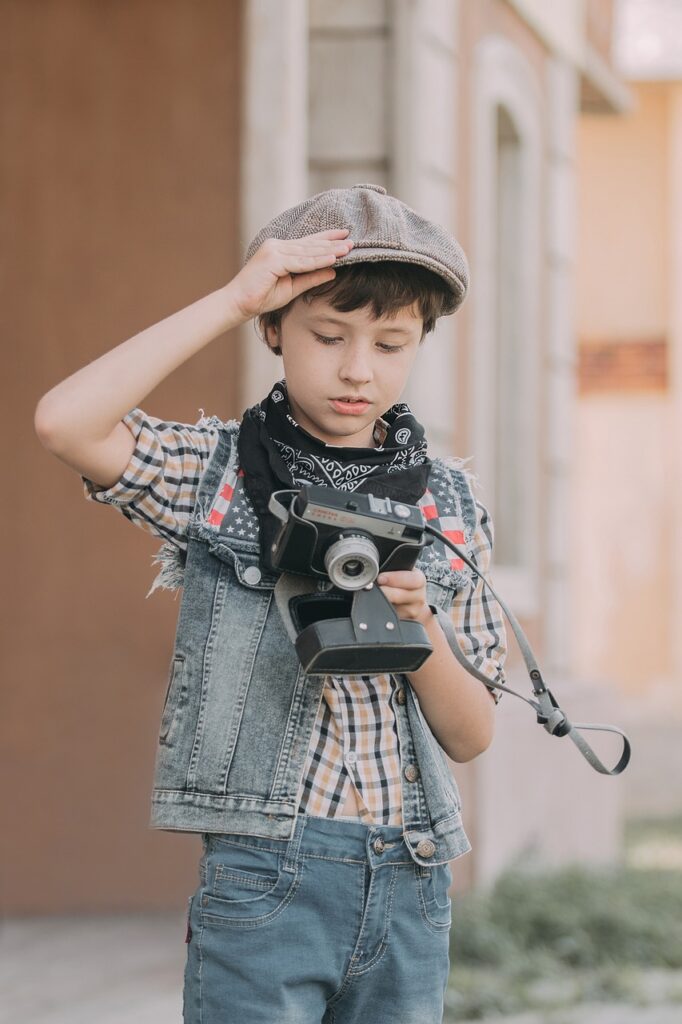
4. **The Parent Who Ignores Their Maniac Kid**Forget birds or planes; on the playground, the most common sighting is “your maniac kid doing a flying elbow off the top of the slide and onto a pack of other kids.” Hands down, among the most exasperating playground parents are those who let their children run full speed over others with a startling, almost Olympic-level, reckless abandon. It’s a universal truth: no matter the time of day, there will always be one child at the playground whose primary mode of interaction involves pushing, shoving, and generally doing whatever they please, consequence-free.
And where is their parent amidst this mini-apocalypse? Inevitably, off in the distance, deeply engrossed in their phone, furiously texting, or engaging in any activity *but* watching their child transform into a tiny, destructive whirlwind. It’s a baffling display of disengagement. The other parents are left to brace themselves, or their children, for the inevitable collision, while the true overseer remains blissfully, or stubbornly, ignorant. This isn’t just about a child being energetic; it’s about a parent’s complete abdication of basic supervision, allowing dangerous and disruptive behavior to proliferate.
This particular blunder highlights a significant gap in parental awareness. It’s one thing for a child to have a moment of exuberance; it’s another entirely for a parent to consistently permit a pattern of aggressive, boundary-crossing behavior without intervention. The message sent to the child is that their actions have no real consequences, and the message sent to other parents is that their children’s safety and peace are not a priority. It’s a frustrating dynamic that disrupts the communal harmony of the playground, turning a space for joyful play into a landscape of potential hazards and exasperated sighs. It forces other parents into the uncomfortable position of having to manage a child that isn’t their own.

5. **The Parent With The Always Innocent Child**This parent is a direct descendant, a close cousin, if you will, to The Parent Who Ignores Their Maniac Kid. The key difference? While the latter might genuinely be distracted, The Parent With The Always Innocent Child knows *exactly* what their little darling is doing. They simply refuse to admit that their children could ever be the inspiration for a horror movie like “Children of the Corn.” This parent possesses a unique talent for watching their child commit various playground offenses – kicking others, pushing younger tots down slides, running over anything in their path, even throwing dirt on people – and then responding with a placid smile and a dismissive shrug.
Their go-to phrases are classics of parental deflection: “Oh, you know… boys will be boys…” or “They’re just playing….” But let’s be real, holding down another child and dumping dirt on their face does not, in any dictionary, constitute ‘playing.’ That, dear parents, is called bullying, and this particular brand of parent is the ultimate enabler. They’re too much of a coward, or perhaps too lazy, to interrupt the ‘insanity’ their child is inflicting on others. It’s a profound disservice to their child, who is learning that accountability is optional, and a major headache for everyone else.
The newsflash that needs to be shouted from the highest slide is this: your kid is not innocent; your kid is being a jerk! While the playground might not seem like the ideal locale for a full-blown disciplinary session, it certainly doesn’t grant a free pass for unchecked aggression. A quick, firm word, pulling the child aside to explain appropriate versus inappropriate play, or, if necessary, a timely departure from the playground, can transform a destructive moment into a teachable one. Ignoring or excusing such behavior not only perpetuates the problem but also models a lack of responsibility, turning potential problem-solvers into unwitting victims or unrepentant perpetrators.
Read more about: Beyond the Red Carpet: 12 Actors Who Might Be More Problematic Than You Think

6. **The Shouter**If you’ve spent any significant time at a playground, you’ve undoubtedly encountered The Shouter. This individual operates on the principle that volume equals effectiveness, a belief they likely apply to every aspect of their personal life, where yelling probably trumps constructive conversation. On the playground, however, their particular brand of instability truly reaches its peak, echoing across the swings and slides like a siren in a quiet library. Their commands are short, sharp, and delivered with the force of a bullhorn: “DON’T TOUCH THAT!” “DON’T RUN!” “GET DOWN FROM THERE!”
The Shouter often perceives themselves as a master multi-tasker, attempting to keep one eye on a younger child precariously perched on a swing while simultaneously trying to manage an older one who is running wild across the entire play area. The result? A cacophony of panicked directives that cause mass hysteria among all children within earshot, and, paradoxically, accomplishes absolutely nothing. The kids often become desensitized to the constant yelling, or worse, mimic the behavior, leading to a loud, chaotic environment that benefits no one.
This parent’s blunder isn’t just about the noise pollution; it’s about a fundamental misunderstanding of communication and effective parenting. Yelling from a distance rarely fosters understanding or compliance; instead, it often breeds fear, confusion, or rebellion. True engagement requires proximity, calm communication, and consistent boundaries, not just a booming voice. The Shouter, in their attempt to control everything from afar, often ends up controlling nothing at all, creating an environment that is stressful for their own children and unsettling for every other family trying to enjoy a peaceful afternoon. It highlights a reactive, rather than proactive, approach to parenting, often driven by frustration rather than thoughtful guidance.
Read more about: Ozzy Osbourne, Heavy Metal’s Architect and Reality TV’s Unlikely Patriarch, Dies at 76, Leaving an Indelible Legacy of Sound and Spectacle

7. **The Greedy Parent**Ah, the playground. For kids, it’s nothing short of “Shangri-La,” the equivalent of “a free vacation at some exotic resort, sans kids, topped with an open bar.” But for some parents, this delightful haven becomes their own personal kingdom. We’re talking about The Greedy Parent, an individual who, much like a child still learning basic social cues, struggles with the fundamental concept of sharing and taking turns, believing the entire playground exists for their child’s exclusive enjoyment.
This lack of civility often manifests around the most popular equipment. You’ve undoubtedly seen it: a line of eager kids patiently waiting for a turn on the swing, only for The Greedy Parent to ignore them entirely. They might even turn to you with a bland “I’m sorry, but she really likes this swing,” as if that magically erases the unspoken rules of etiquette and the legitimate desires of every other child present. It’s a baffling display of entitlement that disrupts the natural flow of communal play.
This isn’t just about hogging a swing; it’s about a critical failure to model essential social behavior. Such a parent, whether consciously or not, sends a clear message to their child: your desires supersede everyone else’s right to participate. This can, unfortunately, foster a sense of entitlement in the child that extends far beyond the confines of the playground, hindering their ability to adapt to cooperative environments.
While removing a child from their favorite swing might indeed trigger the dreaded “temper tantrum,” it’s a supremely “teachable moment.” It’s an invaluable opportunity to gently but firmly show your child that “they’re not the only person on the planet,” instilling early lessons in empathy, fairness, and communal responsibility – skills that are absolutely crucial for navigating a world that constantly demands we consider others.
Read more about: The Curse of the Sequel: Why These Iconic Movie Franchises Crumbled Under the Weight of Ambition and Greed
8. **The Boss**Now, prepare to meet The Boss, the parent who firmly believes that child supervision is a task best outsourced. These individuals frequently arrive at the playground with a “third party” – be it a nanny, a grandparent, or even an older sibling – specifically tasked to “occupy their kids.” Meanwhile, The Boss themselves will “socialize and watch judgmentally from a distance,” maintaining a comfortable, detached observation.
This behavior is rooted in a distinctly “over-entitled” mindset, embodying a curious blend of The Gossip’s social aspirations and The Playground CEO’s detached priorities. Their omnipresent excuse? Their life is “sooooo busy” that direct engagement with their children’s play simply isn’t feasible. The classic line, “These shoes were not meant for the sandbox!” perfectly encapsulates their aversion to getting down and dirty with their kids.
Often, The Boss will briefly perk up from their mingling to dictate orders to their hired help, ensuring they’re “still ‘present'” before retreating back into their social bubble. This dynamic not only undermines the actual caregiver but also sends a confusing message to the child about who is genuinely attentive and responsible for their well-being and playtime. It creates a disconnect where a child learns that play is something other people do with them.
Perhaps the most concerning long-term impact is that The Boss “tends to breed future bosses who also view quality parenting as paying someone else to do it.” Children learn that direct parental involvement isn’t a priority, potentially missing out on crucial bonding experiences, the feeling of secure attachment, and the invaluable joy of shared moments that shape their early years.
Read more about: Unpacking Faith Hill’s Incredible Journey: The Life, Loves, and Transformations of a Country Icon That Still Turn Heads
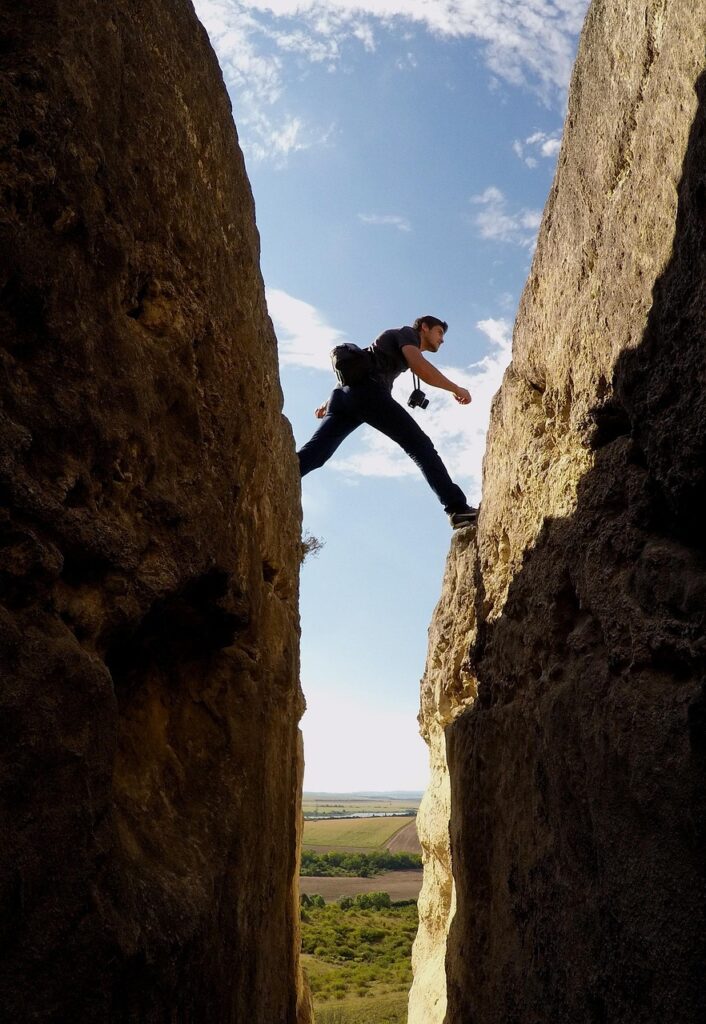
9. **The Adventurer**Every playground has one: The Adventurer, a parent who approaches playtime with an almost extreme sports mentality, constantly pushing their children to conquer increasingly difficult, and often dangerous, feats. While a healthy dose of encouragement to try new things is wonderful, this parent frequently oversteps, seemingly unaware that “not all kids are hardwired with the thrill gene” or possess the necessary motor skills.
Their enthusiasm can quickly morph into relentless badgering, as they might “yell at little Jimmy to ‘man up'” and attempt outlandish stunts. Imagine hearing a parent encouraging their child to “jump off the top of the slide, do a backflip in midair, and then catch the monkey bars with your feet. Stop being such a sissy!” It’s a level of pressure that goes far beyond fostering healthy bravery.
This over-ambitious approach can lead to two significant problems. Firstly, it places immense psychological pressure on children, forcing them into situations where they might feel profoundly unsafe, inadequate, or even humiliated, ultimately undermining their self-confidence rather than building it. Secondly, and more immediately, it drastically escalates the risk of physical injury, turning a supposedly fun outing into a stressful potential trip to the emergency room, especially when kids are pushed “to push themselves to new challenges” well beyond their current developmental capabilities.
This particular blunder clearly highlights a parent prioritizing their own thrill-seeking, competitive urges, or perceived ideal of toughness over their child’s genuine safety and emotional readiness. It’s often the same parent you’d find “yelling at their 9-year-old’s Little League games as if it’s the MLB,” demonstrating a misplaced competitive drive rather than a focused enjoyment of their child’s gradual development and inherent joy in play.
Read more about: Hollywood’s New Guard: Unpacking the Rise of the Next-Gen A-Listers You Need to Know Now

10. **The Helicopter Parent (Over-Intervention Blunder)**On the bustling playground, “big emotions” and “fights and squabbles” are a constant, natural occurrence. Counter-intuitively, these minor conflicts are actually vital “learning moments” for children, fostering empathy and developing social skills. However, The Helicopter Parent views any sign of disagreement as an emergency to be immediately extinguished, often swooping in with “arbitrary policing” rather than allowing kids to find their own solutions.
This well-intentioned but ultimately detrimental approach has clear downsides for a child’s development. As Holly Schiffrin, a psychology professor, explains, “Helicopter parenting undermines competence in two ways.” She highlights that, “First, parents may be unintentionally sending the message to their children that they don’t think they can solve their own problems,” fostering dependence rather than resilient problem-solvers.
Schiffrin further elaborates on the second consequence: “Second, they aren’t giving them the opportunity to practice those problem-solving skills and become proficient at them.” Without these crucial chances to navigate minor disputes, children miss out on developing “important social skills about how to interact with others and problem solve from these early experiences,” skills that are absolutely essential for “making future friends.”
A more effective approach, as suggested by experts, is to “listen at first and see if the kids can work it out themselves,” intervening only if the conflict escalates, or if there’s clear “bullying” or “physical danger.” The ultimate goal isn’t to prevent all conflict, but to gently guide children in handling it constructively, thereby fostering independence, self-efficacy, and confidence in their ability to negotiate and compromise.
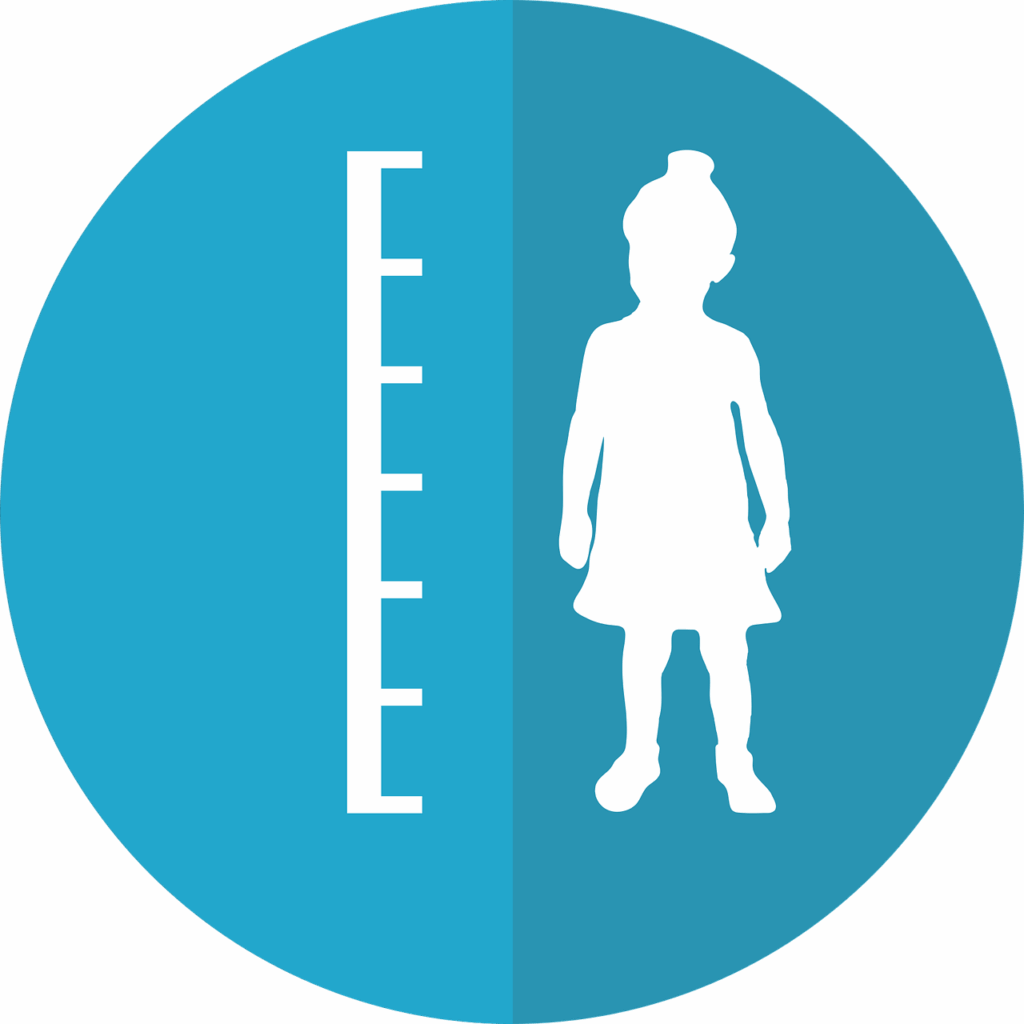
11. **The Absentee Enabler (Under-Intervention in Serious Cases)**While over-intervention can stifle a child’s growth, an equally, if not more, damaging blunder is the absolute lack of intervention when a situation genuinely calls for a parent to step in. This is the Absentee Enabler, a parent who either dismisses or outright ignores serious incidents, leaving their own child or others vulnerable, unprotected, and confused about boundaries.
Consider the truly horrifying account shared by one parent: their “2.5 yr old daughter” was targeted by a “6 or 7 yr old boy” who not only “grabbed it out of her little hand and began screaming at her to get away from his stuff” but then, disgustingly, “hocked a loogie in her hair.” When confronted with the “wad of body fluid” and the distress, the aggressor’s father simply “shrugged it off and said ‘well what do you want me to do about it?'” – a shocking display of parental abdication.
This flagrant disregard for another child’s safety and well-being directly contradicts expert advice. Holly Schiffrin unequivocally states, “Parents, or any adult, should always intervene if there is bullying going on,” defining bullying as “repeated acts intended to harm another child, especially if there is a power differential.” She explicitly adds that “if there is any physical danger, of course, parents should swoop in and protect their child.” The spitting incident unequivocally crossed this line, yet the parent failed to act.
The victim’s father was left battling feelings of “inadequacy,” rightly believing these parents “dismissed something that was bordering on an assault,” despite having “exhibit[ed] a huge amount of self-restraint.” Such situations don’t just harm the immediate victim; they erode the sense of community and trust that playgrounds are meant to foster. When parents refuse to take responsibility, it leaves others feeling powerless and, frankly, abused.
The consensus from the wider parent community is clear: “It’s OK to step in and say ‘HEY, THAT’S NOT OK.'” While it’s vital to “discipline without emotion: be stern, no yelling,” a firm, immediate response to outright aggression and bullying is not only appropriate but absolutely essential. It protects the victim, models accountability, and teaches that such behavior is unacceptable, rather than enabling a child to “act like an animal” with impunity.

12. **The Social Skills Skipper (Failing to Teach Foundational Interactions)**Beyond managing conflicts, another critical blunder involves the failure to proactively equip children with the foundational social skills needed for positive playground interactions. These are The Social Skills Skippers, parents who might mistakenly assume their children will pick up essential skills like sharing, turn-taking, and conversational etiquette through sheer observation, leaving them ill-prepared for the complex social dynamics of play.
The consequences of this oversight are varied and impactful. Children might consistently struggle with “Not taking turns or following directions,” leading to escalating frustration for both themselves and their peers. They might “gloat about winning” in games or become “really upset when they lose,” transforming what should be a fun activity into a source of conflict and inadvertently alienating potential playmates.
Furthermore, some children may experience “Not wanting to play with other kids” because they genuinely lack the tools to initiate interaction. They might be unsure “how to start a conversation or how to ask to join a game.” Compounding this, they could even miss subtle cues when “other kids are inviting them to play,” severely hindering their ability to “develop friendships” and feel connected.
To effectively avoid this blunder, parents can proactively “Model taking turns and sharing” in everyday life, demonstrating these principles in action. Crucially, they should “Practice the language your child needs to know, such as ‘my turn,’ ‘your turn,’ or even ‘listen to me!'” Role-playing simple, confidence-building interactions like, “‘Hi, I’m Tiffany. What’s your name?’ and ‘Do you want to play on the monkey bars with me?'” can significantly boost a child’s social prowess.
By actively investing in these “emerging skills,” parents empower their children to become “good problem-solvers” and active, positive participants in their social world. While experts note that full “negotiation and compromise doesn’t become the main way people resolve compromise until age 19,” laying this crucial groundwork early fosters resilience and cultivates the “ability to get along,” which ultimately “fuels the development of children’s friendships” and their overall happiness.
So there you have it, a whirlwind tour of some of the most common, and perhaps most cringeworthy, playground blunders that can turn a fun outing into a frustrating ordeal. From the well-meaning but overbearing to the outright oblivious, these parental faux pas serve as a hilarious, yet insightful, mirror reflecting our own occasional slip-ups and the delicate dance of shared public spaces.
But beyond the eye-rolls and exasperated sighs, understanding these behaviors offers us a profound chance to grow. It’s an open invitation to be more mindful, more present, and more empathetic guardians, not just for our own kids, but for the entire vibrant ecosystem of the playground. Let’s make every slide, swing, and sandbox a stage for positive interactions and invaluable life lessons. Here’s to hoping we can all take the high road when faced with playground drama and ensure our children are learning to navigate the world with kindness and confidence!



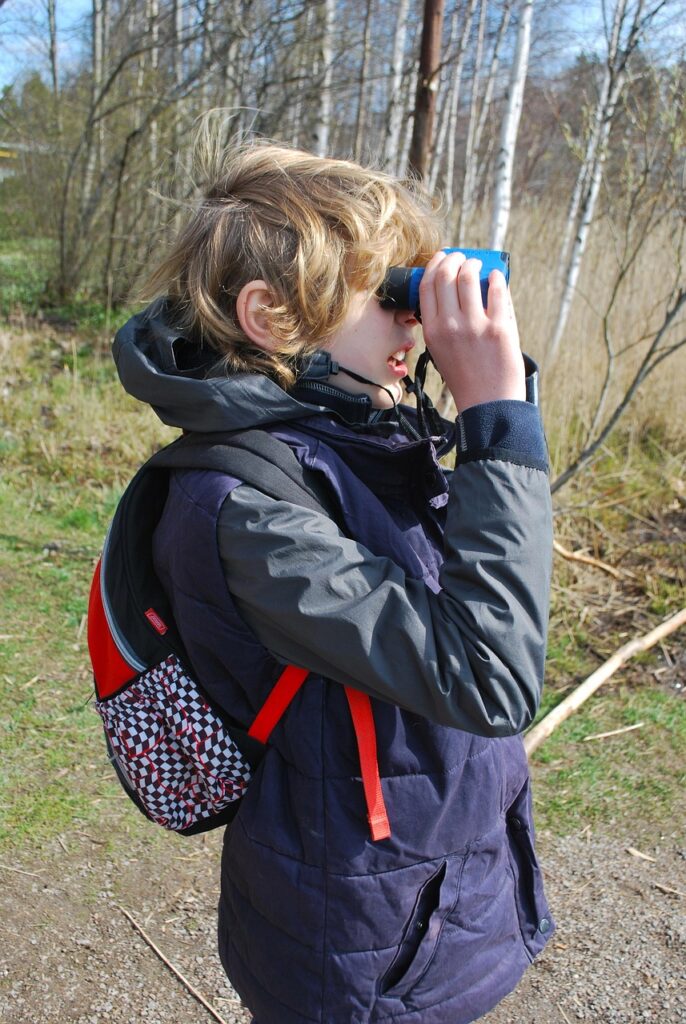


:max_bytes(150000):strip_icc()/file2-9eb020fe5cd74fca98b0c9d871695fbb.jpg)
